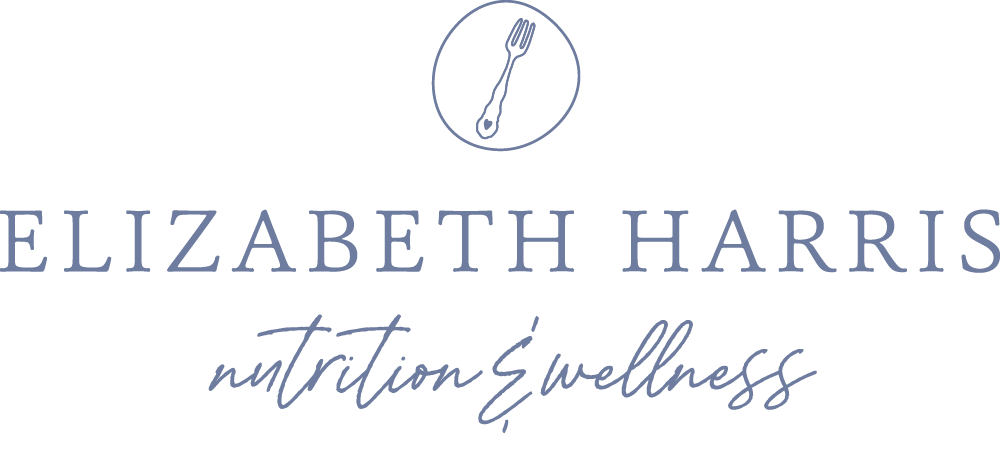Are Any of These Things Blocking Your Hunger or Fullness Cues?
I’m all about teaching you how to eat well and enjoyably in a way that honors your health and wellbeing without having to count, track, measure, or stress about your food choices. Learning to tune into hunger and fullness cues is a key component of this Intuitive Eating-based approach.
Dieting and a dieting mindset disconnect us from these innate eating cues. If you’re counting calories or points, for example, what happens when you’re “out” of calories for the day but still hungry? Or when you get to the end of the day, haven’t consumed the calories allotted to you, and aren’t hungry?
At that point, you're likely either trying to hack or ignore your hunger or eating when you're not hungry because you don’t want to “waste” those calories. Or, you end up eating over your supposed calorie limit, which leaves you feeling guilty and frustrated or throwing in the towel for the day because it feels like you've already "blown it."
In both scenarios and many others, you're inadvertently being disconnected from your hunger and fullness cues. 😳
Throwing out the tools of dieting (such as the scale, calorie trackers, or food logging apps) is key to rebuilding this innate body connection. It also frees up your valuable time, energy, and mental brain space for other things you care more about than painstakingly tracking every bite of food… this food freedom, as we call it, is just one of the many benefits my clients love about Intuitive Eating!
But dieting tools aren’t the only things that make it hard to hear hunger and fullness signals. Here are a few other common attunement disruptors:
Busyness: This is a big one that I see frequently. If your schedule is so busy that you’re not making time for meals or slowing down enough to actually taste and experience your food, it will be much harder to tune into your hunger and fullness cues. Your brain may not even fully register the experience of eating. Carving out time and space to devote to your meals is an important step for eating in a way that feels good.
Habits: Do you have a habit of cleaning your plate, working through lunch, reaching for food when you’re bored, or mindlessly snacking? If so, these are all obstacles to feeling your fullness. I help my clients spot which habits are out of alignment with their goals and then teach them how to transition that awareness to sustained habit change. Looking for a place to start? Begin observing your habits around food, taking note of which ones do and don’t support how you want to feel with food.
Distraction: If you’re distracted while you eat, perhaps watching television, driving, working at your desk, or simply eating while you’re on the go, your mind will not be fully (or possibly at all) tuned into the important cues your body is sending. Minimizing distractions, making space to prioritize your nourishment as self-care, and learning how to eat mindfully are all important, helpful tools for increasing body connection.
These are some of the most common attunement disruptors I see when I’m working with my superstar clients, although there are many others.
